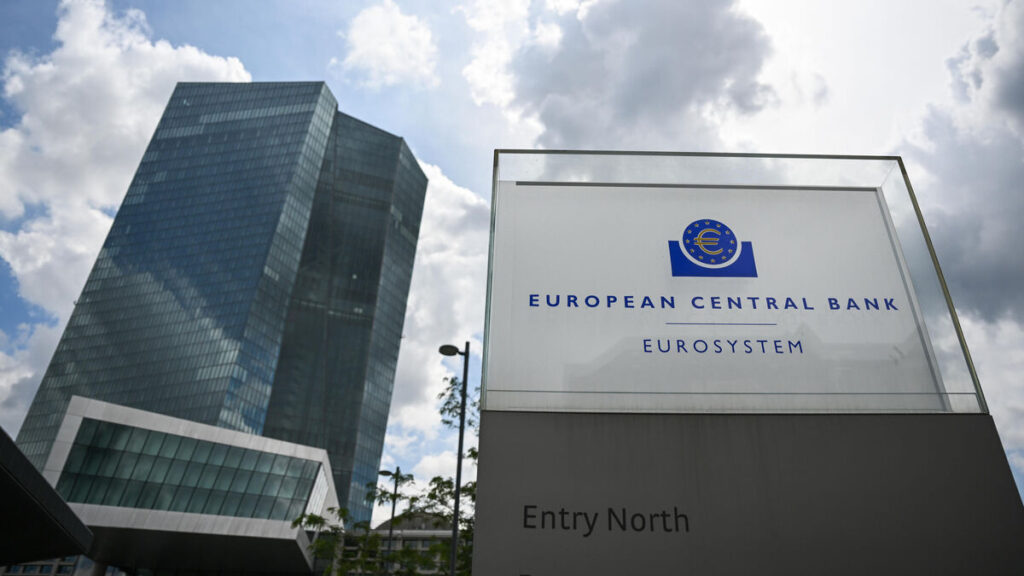
This is a warning about America’s debt. America’s high deficit could have a significant financial and economic impact on the euro zone, in addition to trade tensions, the European Central Bank (ECB) highlighted this on Wednesday, November 26.
The United States experiences “sustainably high budget deficits” and therefore needs to borrow heavily to finance its spending. This has raised concerns about their ability to repay long-term debt, especially due to high lending rates, the monetary agency said in its semi-annual report on financial stability.
Exacerbating the situation is America’s current account deficit: despite President Donald Trump’s abolition of import duties, the country is spending more money abroad than it earns. This creates trade imbalances and strengthens dependence on foreign capital.
Risks to commercial competitiveness
“Combined with market concerns regarding central bank independence, these developments have weakened the safe-haven role of US Treasury bonds and the US dollar,” the agency noted. However, a weaker dollar could “magnify the impact of American tariffs on euro zone exporters”, as European companies selling to the United States feel the impact on their competitiveness, he explained.
Global financial markets, which are largely influenced by what happens in the United States, could be disrupted and undermine financial stability in Europe, according to the ECB. This can be realized “through erratic currency fluctuations, negative impacts on trade competitiveness, and variations in financing costs for countries, businesses and banks” on the continent.
Markets were already shaken in April when Donald Trump launched a trade war and the risk profile of US assets had to be reassessed. Uncertainty in trade policy has “reduced significantly” since April, but these tensions are now part of the global landscape, characterized by “tariff announcements, pauses and reversals”.
The ECB also warned of risks associated with enthusiasm for artificial intelligence, leading to market overvaluation, especially in American technology, which could lead to a brutal correction in markets.




